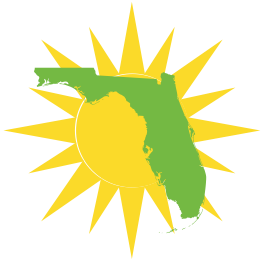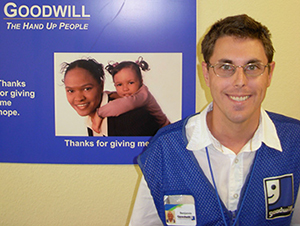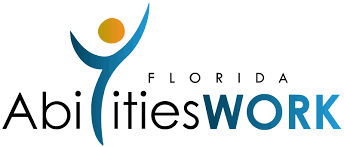The Division of Blind Services (DBS) is under the Department of Education and includes 15 district offices throughout the state that provide a full range of services to Floridians who are blind and visually impaired. Staff at the state level ensure that each of the 15 district offices has the information and skills to meet its employment placement goals. Over the past five years, including during the COVID-19 public health emergency in 2020-21, DBS has met or exceeded its annual goals.
At the beginning of the most recent fiscal year on July 1, 2020, the COVID-19 public health emergency brought a new set of challenges to job seekers supported by DBS. However, the public health emergency did not stop DBS clients from obtaining employment and it did not stop the district offices from meeting or exceeding their goals. In fact, the combined total of successful employment closures for all the district offices for FY 2021 was 788, 33 more than the annual total goal of 75
Continue reading “Division of Blind Services: Supporting Employment Staff to Meet District Service Goals during Challenging Times”“This was a great accomplishment for our DBS team due to the uncertainty that the pandemic brought to each district office area, where COVID numbers and safety measures were affected differently by higher numbers in some areas more than others,” DBS’s business program consultant Stacy Smith shared.

 Englewood, FL – “The brunette ladies like to wear blue dresses, and the blonde ladies prefer red.” This observation comes from Rialto Goodwill’s fashion consultant-in-training, Ben Davis.
Englewood, FL – “The brunette ladies like to wear blue dresses, and the blonde ladies prefer red.” This observation comes from Rialto Goodwill’s fashion consultant-in-training, Ben Davis. 
